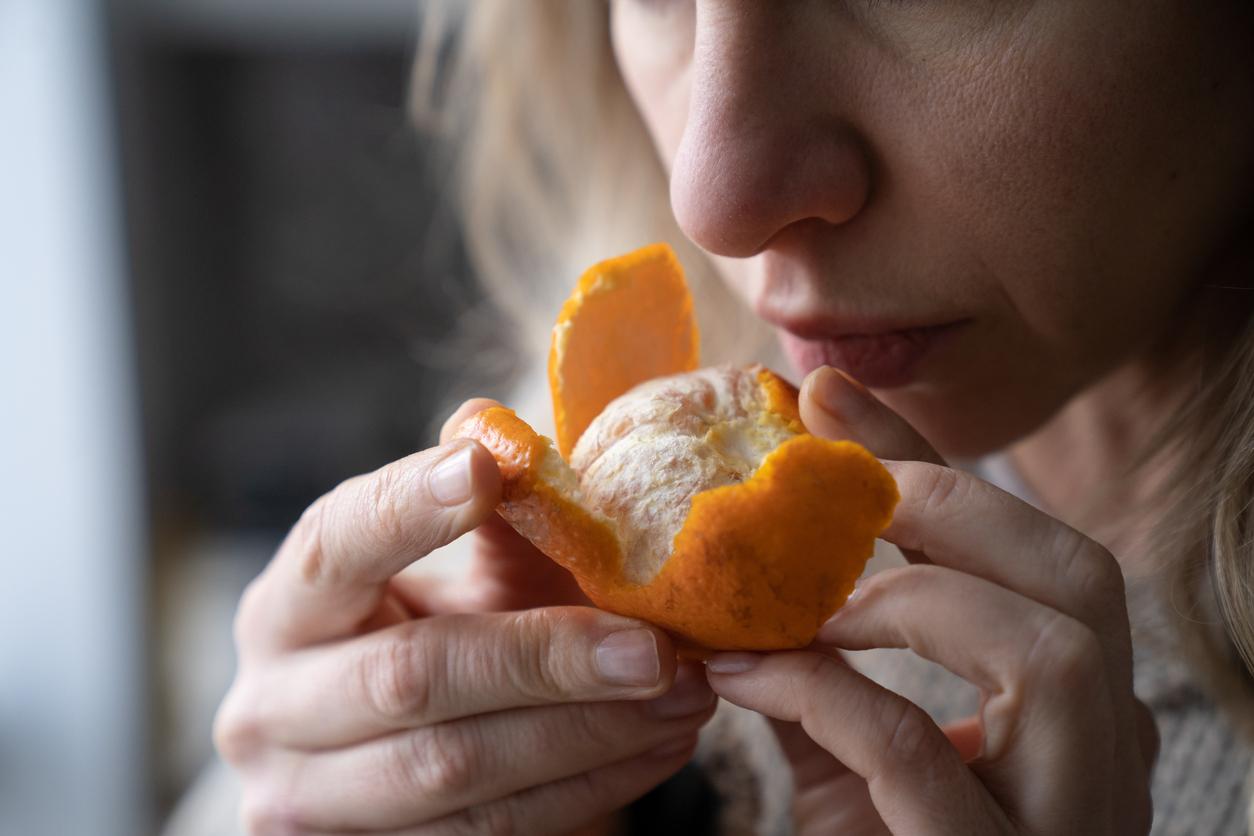What if going on vacation could be a new form of therapy for those with the most fragile mental health ? In the collective imagination, travel is a recreational experience intended for our pleasure, but Australian researchers are calling for a change in the vision we have of current tourism. Indeed, it could also have real benefits on our health, according to a study from Edith Cowan University (ECU) published in the journal Tourism Management.
“Medical experts may recommend dementia treatments such as music therapy, exercise, cognitive stimulation, reminiscence therapy, sensory stimulation, and adaptations to a patient’s meal times and environment.“, said Dr. Jun Wen, lead researcher of the study. And all of these can be found on our vacation.
Physical exercise and exposure to vitamin D
For example, find themselves in unfamiliar surroundings and having new experiences can stimulate the brain and the senses. “Exercise has been linked to mental well-being and travel often involves increased physical activity, such as more walking”, continues Dr. Wen. And as vacationers spend more time outdoors, they benefit more from the fresh air and sunshine, which boost levels of vitamin D and serotonin, known asfeel-good hormone.
Meals are also often more flexible, adapting more easily to the patient’s environment and needs. “Mealtimes are often different during holidays: these are usually more social affairs with multiple people and family-style meals have been found to positively influence the eating behavior of patients with dementia.”says the researcher.
After two years of the Covid-19 pandemic, during which travel was made almost impossible and which left its mark on the mental health of the world’s population, Dr Wen believes that “now is a good time to identify the place of tourism in public health – and not just for healthy tourists, but vulnerable groups“.
Sources:
- Tourism as a dementia treatment based on positive psychology, Tourism ManagementOctober 2022
- “Travel therapy”: Could holidays help mental health and wellbeing?Edith Cowan University, June 23, 2022
Read also:
- One in eight people in the world lives with a mental disorder, who are the most affected?
- Covid-19: cases of depression and anxiety have increased by 25%?
- Consult a psychiatrist: instructions for use


















